
By Senior Editor Gordon Duff with Nahed al Husaini, Bureau Chief, Damascus
The publication, Foreign Policy, come from the Council on Foreign relations. Jeffrey Epstein, Madonna and a host of other paid up members, rock stars, broken down academics but mostly regurgitators of fake narrative make up the staff of FP.
Everything in the story below is false. How could Syria send aid, for instance heating fuel, to a refugee camp under the control of US combat aircraft, when the United States is enforcing a blockade on almost all relief supplies that could be sent to Syria in the first place?
This fake refugee game, much as with the fake “barrel bomb” game, the fake gas attack/White Helmets game, the fake hospital bombing game, is all part of the very real game with some very real facts behind it.
Saudi Arabia pays ISIS and al Qaeda. They are supplied through Israel, Jordan and Saudi controlled regions of Southern Iraq along with directly through US/Kurdish controlled Syria.
Repeatedly, Israeli, Saudi, Qatari and Turkish military have been captured and ransomed by Syrian intelligence back to their home country. Syria makes as much selling back these terrorists as anything else. I have seen the files.
What is the truth? The refugees in Rukban are being held hostage by the US. The US is running training camps for terrorists in and near the Rukban camp, according to Russian intelligence sources, and is using the camp to recruit terrorists as well. None there are allowed to return home, held prisoner at US order.
Peruse the propaganda from the Israeli controlled CFR and then visit Addendum I for our version, on the ground, which runs quite contrary as facts so often do, from the CFR narrative.
From Foreign Policy:
Syria’s Assad Is Deliberately Starving Thousands of Refugees
U.S. officials say they are pressuring the regime to allow U.N. aid deliveries to the Rukban camp.
Syrian President Bashar al-Assad’s regime is deliberately starving thousands of displaced citizens taking refuge in the Rukban camp in the southern part of the country, hoping to force them to flee with no guarantees for their safety, according to U.S. officials and a new report by a Syrian-led research organization.
As of July 23, roughly 11,000 internally displaced persons remained at Rukban, which lies in a no-man’s land off the border between Syria and Jordan, according to Etana, a research group based in Amman under the umbrella of former Syrian National Council spokesperson Bassma Kodmani’s Arab Reform Initiative. Etana gathered information from multiple civil and military sources on the ground in and near the camp.
U.S. officials say they are pressuring the regime to allow U.N. aid deliveries to the Rukban camp.
“Most of those that remain in the camp are wanted by the regime, their security situation is dangerous, yet as a result of the hunger and the miserable living conditions, people have two choices: killed by hunger or killed by the regime,” a source inside the camp said, according to a July 23 memo provided to Foreign Policy by Etana.
The deputy commander of the U.S.-led coalition in Syria, Maj. Gen. Alex Grynkewich, said in an interview that Assad has refused to allow the flow of United Nations-led humanitarian aid to the camp since February.
“Our team has been working through the UN to message the Syrian Regime that it needs to allow the flow of UN-led humanitarian aid to the camp,” Grynkewich told Foreign Policy in an email. “We have been consistent in calling on all parties to encourage the appropriate authorities to allow the UN unfettered access to Rukban in order to provide relief to the population there.”
Grynkewich added that a number of families from U.S. partner forces reside in the Rukban camp.
Much of the media attention on Syria is focused on the northeast area of the country, where a U.S.-led coalition is fighting the remnants of the Islamic State terrorist group, or the northwest province of Idlib, where a fragile truce negotiated between Russia and Turkey is threatening to shatter. But the Etana report sheds light on a largely undiscussed area of Syria, where thousands of civilians are living at the mercy of Assad and Iran-backed militias such as Hezbollah.
A July 24 Washington Post story kicked off a debate about who is to blame for the dire conditions in Rukban. In the article, James Jeffrey, the U.S. special representative to Syria, indicated that the United States was deliberately looking the other way.
“If we feed them, it will look like we are going to stay there forever,” Jeffrey said. “We can’t commit to a long-term presence in al-Tanf or in anyplace else in Syria.”
Many in the camp are blaming the United States, the United Nations, and even Jordan for not providing urgently needed aid to the Rukban camp, according to Etana. Some critics blame the U.S. government, which controls a small military garrison, al-Tanf, just 10 miles from the camp, for abandoning the residents to “needlessly starve to death.”
But Grynkewich said it is the Syrian regime that is primarily to blame for the humanitarian crisis taking hold in Rukban.
A senior administration official took issue with the Post article’s characterization. The U.S. Agency for International Development has “refused to certify the need” at Rukban because it does not have access to the camp, the official said, or “we’d already be feeding those people.”
Asked to respond to that claim, a USAID official said the United States is “pursuing every possible avenue to deliver aid to Rukban.”
“The United States believes strongly that the population at Rukban is in need of humanitarian assistance, and we have advocated for and worked to help the U.N. deliver assistance for years,” the official said, noting that the United States has provided more than $9.6 billion in aid since the start of the crisis to the most vulnerable populations. “Any assertion to the contrary is completely incorrect.”
But Colin Clarke, a senior fellow at the Soufan Center and an adjunct senior political scientist at the Rand Corp., criticized the U.S. government for washing its hands of the Syria problem after the defeat of the Islamic State’s territorial holdings.
“This is the United States,” Clarke said. “If we really wanted something to happen and we really pushed for it, we could make it happen.”
Whoever is to blame, the situation inside the camp is unquestionably desperate. Thousands of internally displaced persons have now fled Rukban, risking arrest by regime forces or conscription into military service rather than staying put due to the extreme conditions, according to Etana.
“We will die either way, in this squalid camp or in the hands of the regime … the camp is living the worst situation ever since it was created,” a source inside the camp told Etana.
Those left in the camp are suffering from severe malnutrition, surviving on bread made with ingredients normally used to feed animals, the group reported. In some cases, the bread has led to cases of food poisoning. Even so, nourishment is so scarce that even the bread is considered “a treat.”
Meanwhile, goods that do reach the camp are “unaffordable” due to carefully controlled smuggling and price-fixing, which is controlled by the regime’s local military officers.
“Prices have been fixed to exponential levels, which is exacerbating the dire humanitarian conditions inside the camp,” according to Etana.
Medical conditions are even worse. The few nurses available lack the adequate medical experience and are not able or permitted to provide the critical treatments, including surgeries.
Those who remain are holding out hope for another aid delivery. But that possibility looks increasingly unlikely, as all parties involved point fingers.
“This is reflective of this whole situation where we spent so much time and energy and resources on the kinetic part of this fight, and then as soon as Baghouz fell we just kind of washed our hands and walked away,” Clarke said.
Addendum I
Voices from Syria’s Rukban Refugee Camp Belie Corporate Media Reporting
Eva Bartlett visited refugees in Syria escaping the horrid conditions in the Rukban Refugee Camp, a desolate outpost in the US administered deconfliction zone. What she found was very different than the ‘reality’ depicted by the Western press.

Nahed is VT Damascus Bureau Chief. She is a member of the American Institute for Middle East Strategic Studies (USA) and serves as Assistant Director of the Arab-American and Muslim Congress (Detroit, USA). She has a Diploma in English Literature from Damascus University (1987).
She’s also been a reporter for Turkish newspaper Aydinlik, Special Coordinator for Arab-Armenian International Law Assembly, Correspondent for Qatari News Agency, Al Ayam news Paper in Bahrain, Al Liwaa in Lebanon, Correspondent for Petra News Agency in Jordan, correspondent for the Associated Press in USA, and worked as a freelance journalist for CBS, ABS and CNN in Syria. She is fluent in both English and Arabic.
ATTENTION READERS
We See The World From All Sides and Want YOU To Be Fully InformedIn fact, intentional disinformation is a disgraceful scourge in media today. So to assuage any possible errant incorrect information posted herein, we strongly encourage you to seek corroboration from other non-VT sources before forming an educated opinion.
About VT - Policies & Disclosures - Comment Policy


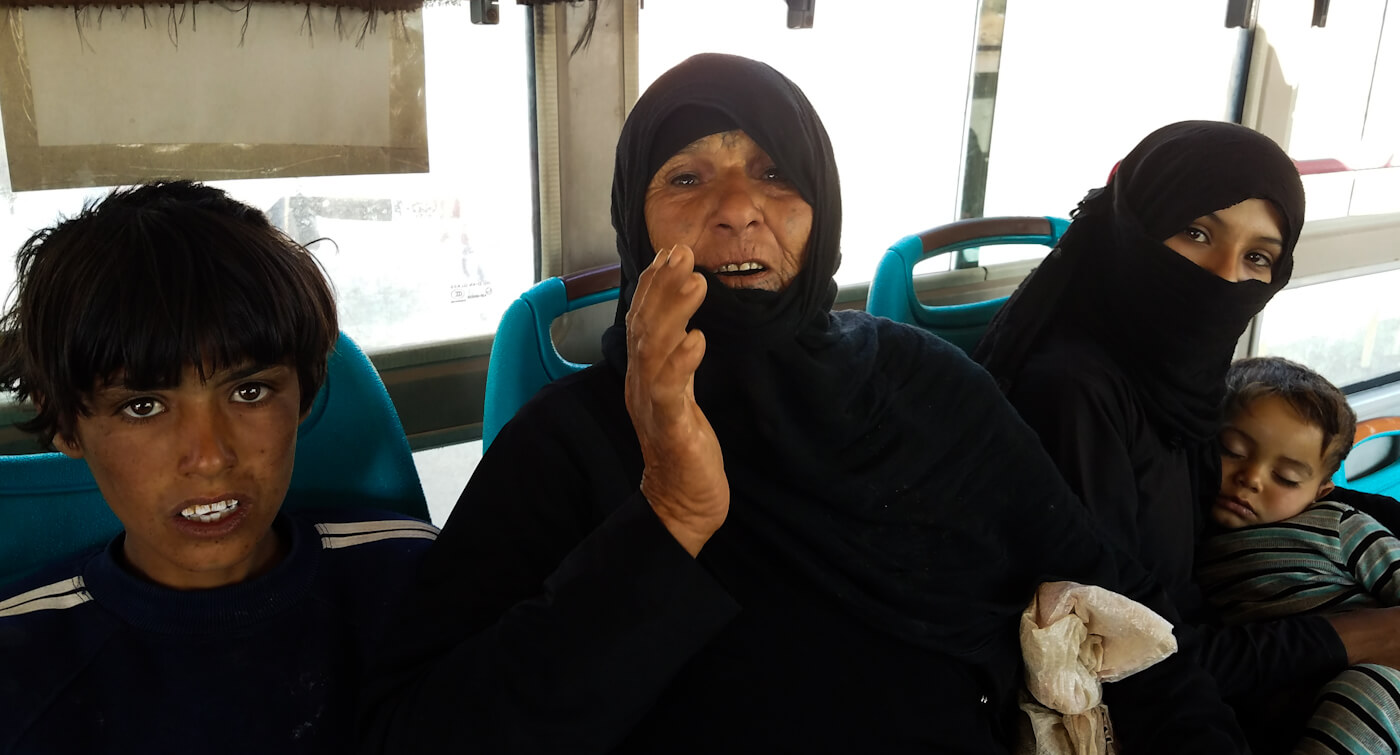
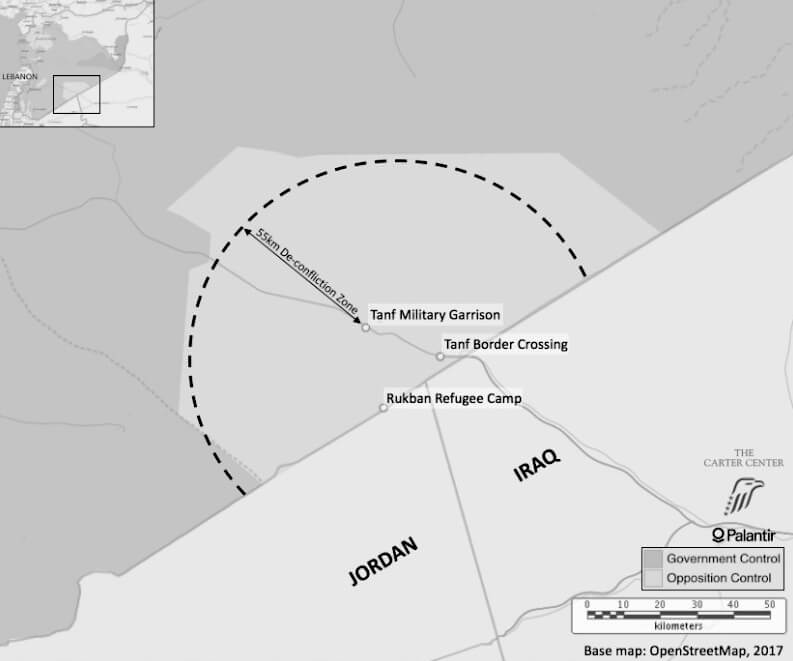
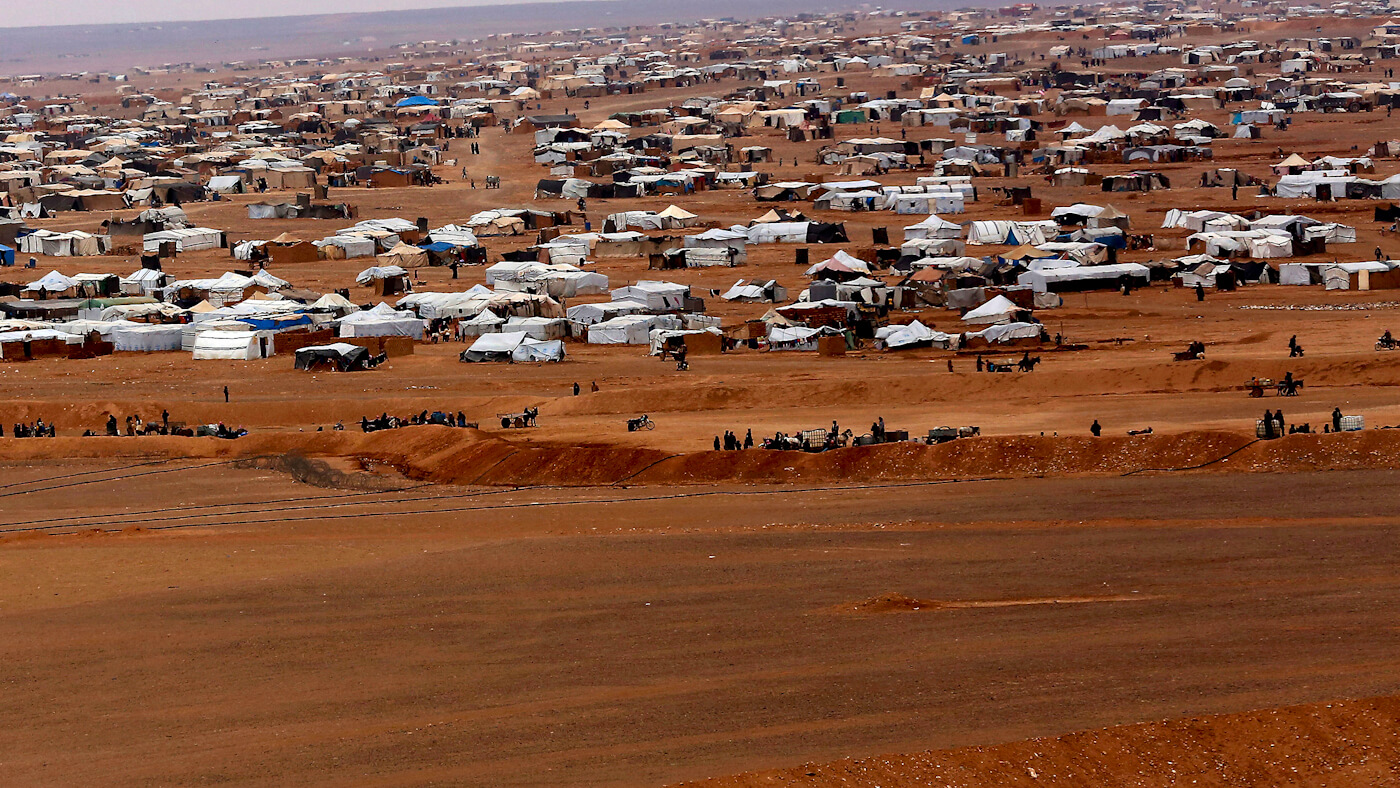
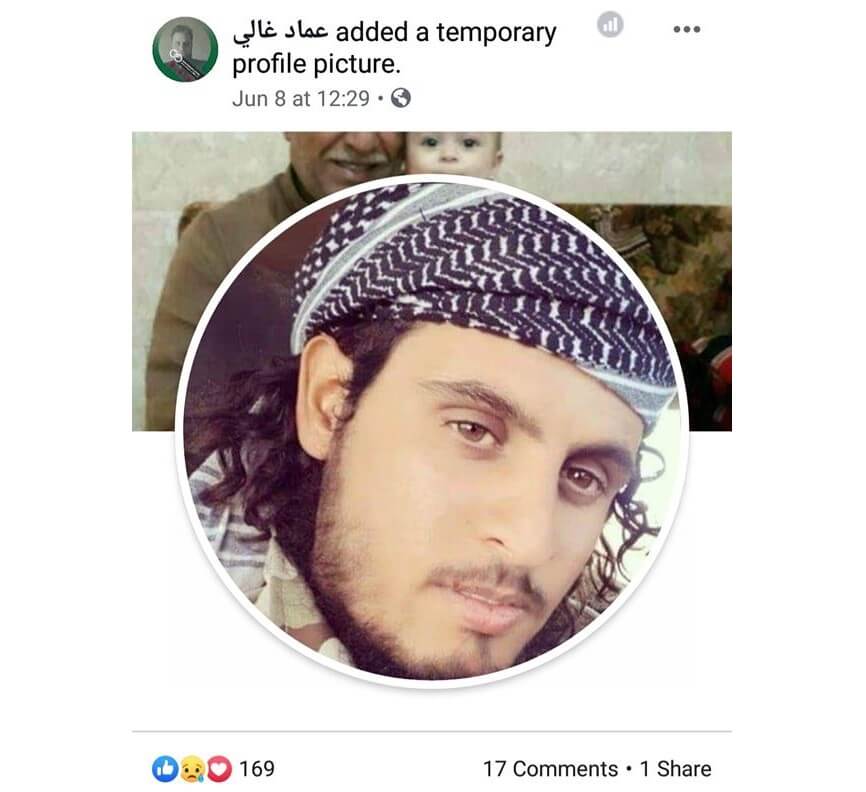
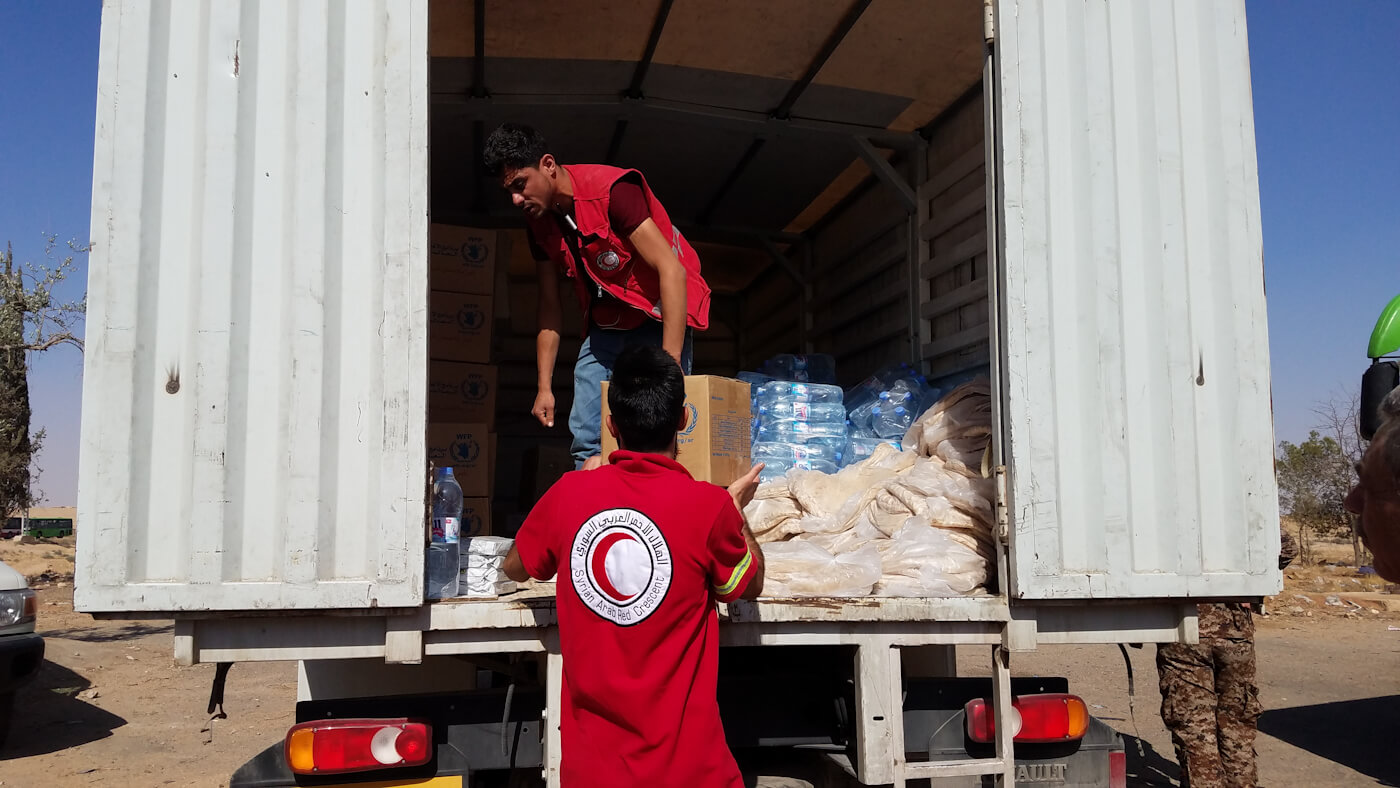
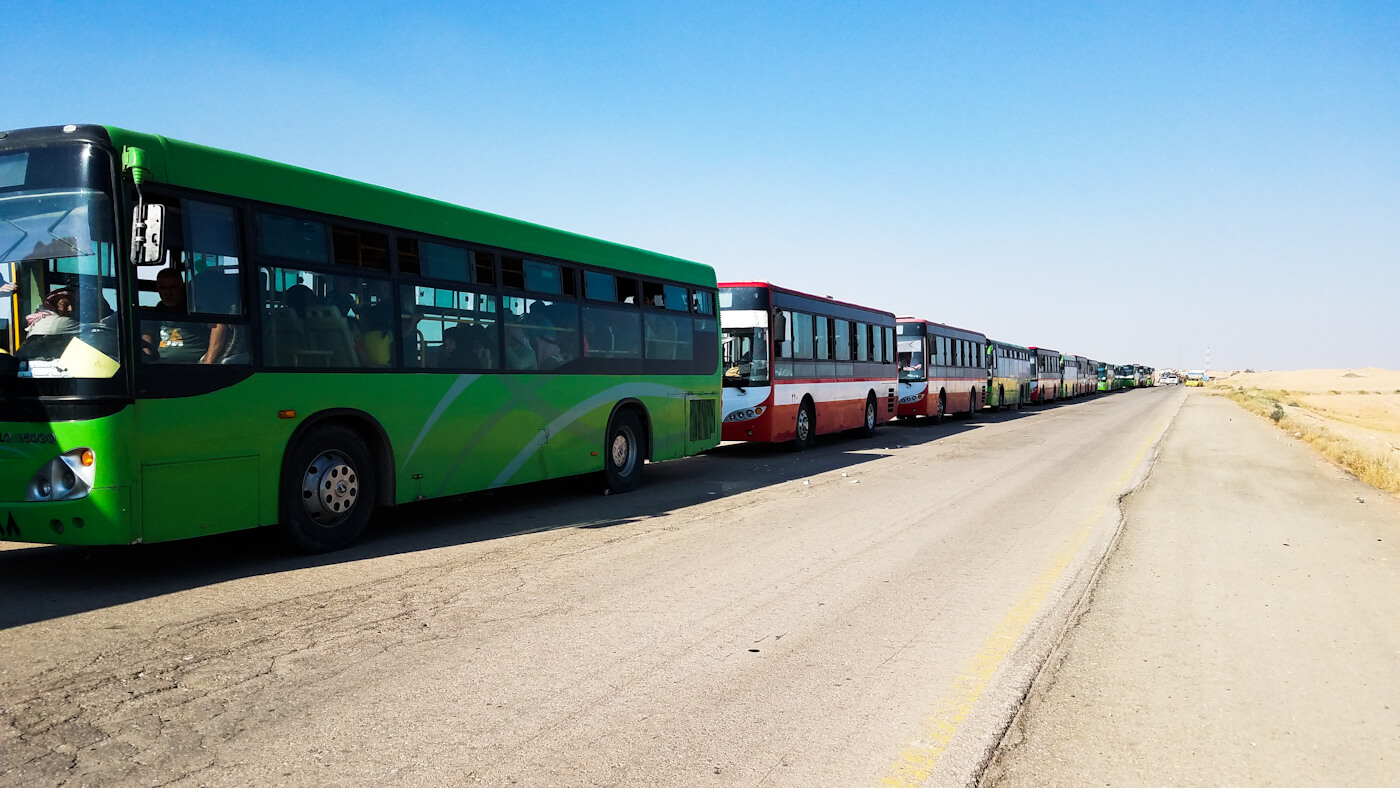
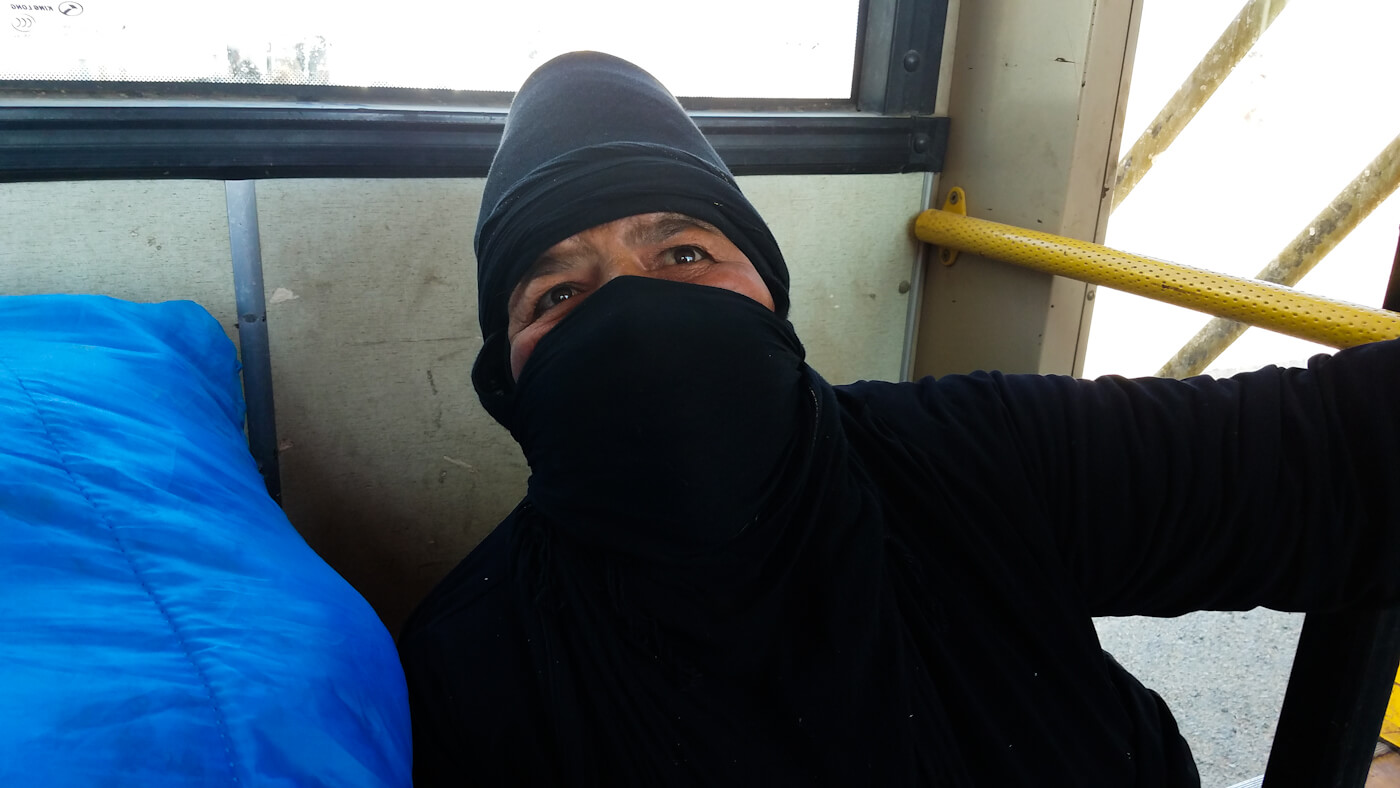
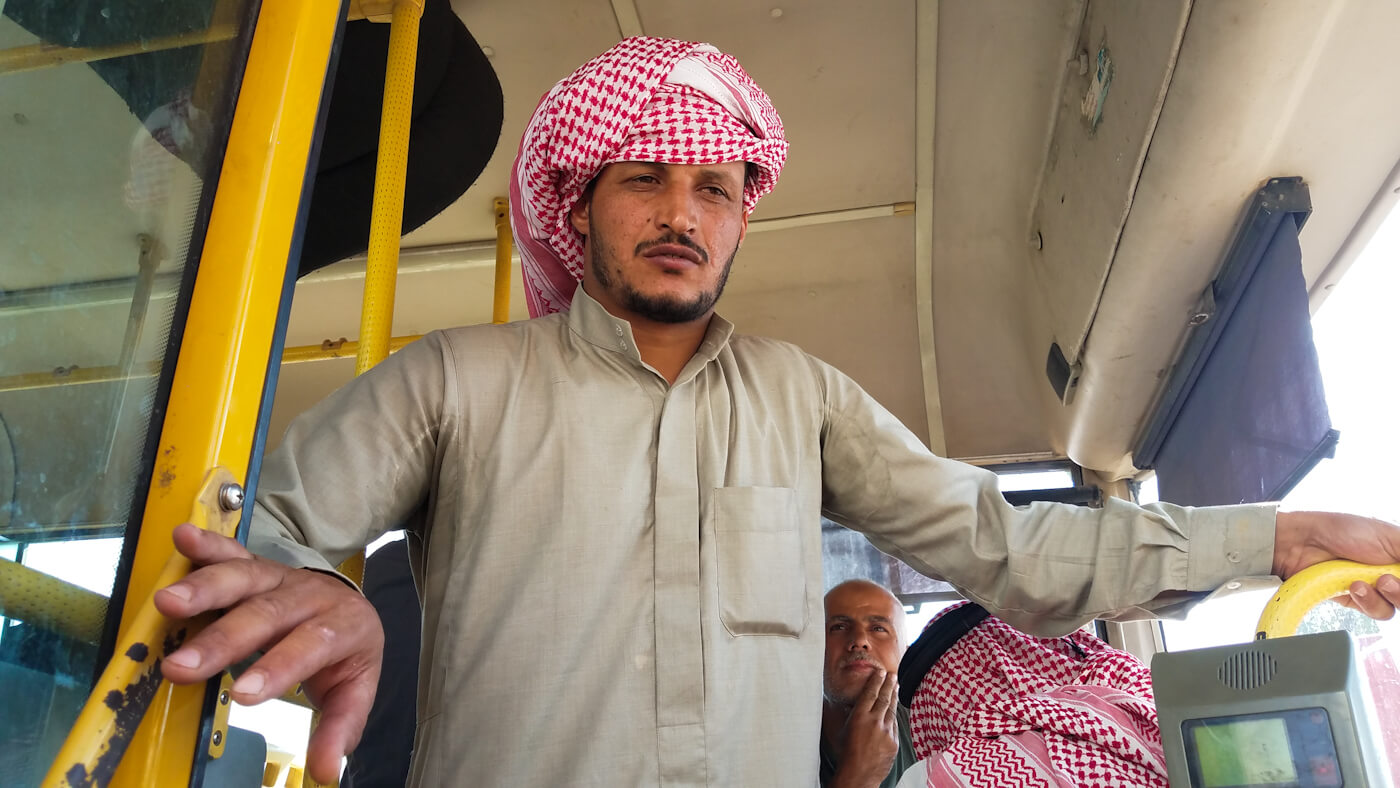



https://www.justsecurity.org/53810/legal-basis-u-s-forces-syria-expire/
“[W]hen Syrian and Iranian forces have entered the 34-mile perimeter around the base, American warplanes have responded with strikes…” – EB
This sounds like a problem that could be addressed by the S400 if the Russians provided them to Syria and actually let them use them in self-defense (not holding my breath on that one).
Maybe Iran will come up with an equally effective air-defense system that is actually deployed against the bullying proxies forces of the criminal cartel that runs the US and Israel.
CFR should be dismantled along with the Federal Reserve. Both scams that have been conning people for way too long.
Sad that our tax dollar pays for disinformation.
Comments are closed.